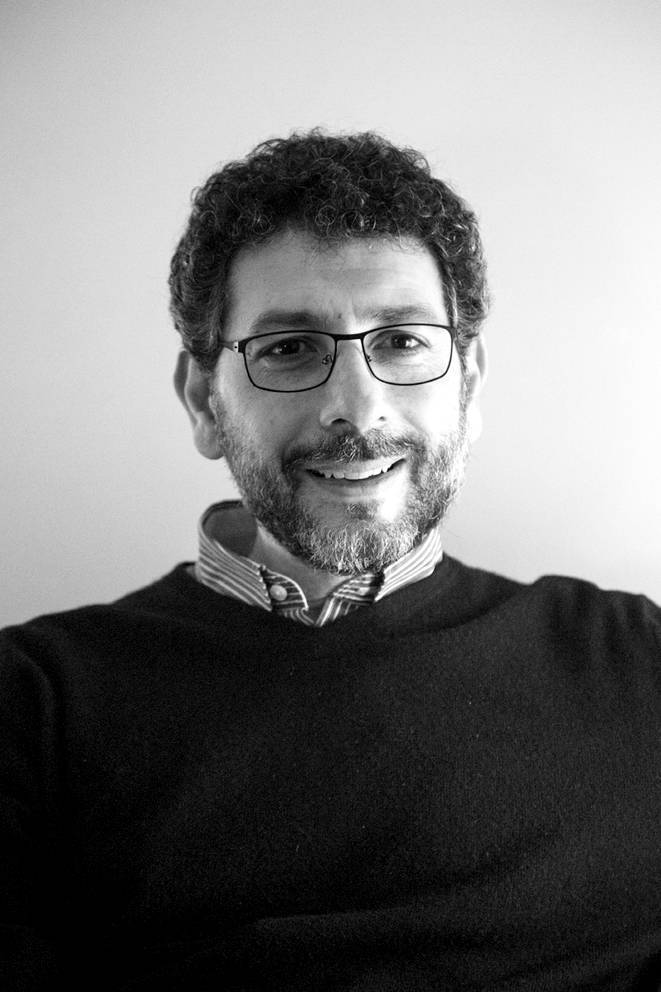
Ziad Majed. (Credit: © Lola Ledoux)
There are endless questions in Lebanon about why politicians of immeasurable mediocrity and corruption are able to gain and maintain power in a country with an extraordinarily educated, skilled and dynamic society.
The answer often centers on sectarianism and the divisions it implies, and the clientelism that has continued to grow and to plague all public administrations, sponsored by the leaders of Civil War militias who have become ministers and MPs. This is added to Syrian hegemony, that “crafted” policies and infiltrated state institutions, assassinations, impunity, Hezbollah and its weapons that terrorize its opponents, and the electoral law which favors the re-election of the same leaders and their henchmen. Finally, explanations also involve the repercussions of regional crises on the Lebanese scene, which complicate the situation even more and leave most people frustrated by the powerlessness and disarray, awaiting temporary solutions imported from outside.
Is this enough to understand the increasingly striking gulf between state and society, or between political elites and the country’s social and cultural actors?
In my opinion, two elements or phenomena should be added to the existing analysis.
The first is an aspect of “state capture” — defined as private interests’ taking over state institutions to the detriment of the general interest. This can happen by various means, including corruption, tampering in elections and alliances, media influence, financing political parties and politicians, marginalization or weakening of the judiciary and the introduction of the “revolving doors” idea — that is, the appointment of high-ranking state officials and politicians to private companies’ boards of directors, in order to use them to promote these companies’ interests.
A careful observation of what Lebanon has been going through in the last decades shows how the state has been captured by banking and politico-financial networks, and how this capture has been reinforced by different politico-sectarian equations, which has co-existed with Syrian hegemony, then with Hezbollah hegemony and its security dictates.
The second element or phenomenon explaining this gulf comes from Lebanese society itself, which over long years of war has adapted to the weak state, and which has since created its own management and regulatory mechanisms. Its movements, organizations and individuals, characterized by success, resilience, creativity or the capacity to innovate, have developed a contempt, even a disgust toward politics, especially toward its actors and “leaders.” They have settled for building a parallel or alternative world to the “political world.” Since their freedoms or raison for being were rarely threatened, they could not be sufficiently motivated to mobilize or fight for large-scale political change. Indeed, this presence of two parallel worlds has only been endangered twice in the last three decades: in 2005 and in 2019 during two popular uprisings that almost toppled the “stagnant order” and made politics more accessible.
These moments of mobilization and euphoria were momentary. The system managed to regain the upper hand and preserve itself, despite financial collapse and the following explosion at Beirut port in 2020, which cast both state and society into a black hole.
State capture and contempt thus represent two more reasons for Lebanon’s gulf. The current situation of decadence creates a general feeling of humiliation that has replaced the wrath of a large part of the citizenry, to the point of shaking its capacity to manage its “parallel world.” The heist, economic oppression and sometimes exile, caused by officials or the vile state of the country, constitute a brutal reality. It is difficult to digest without having an ability to reshape the political status quo.
This opinion piece originally ran in French in L’Orient Littéraire, translated by Joelle Khoury